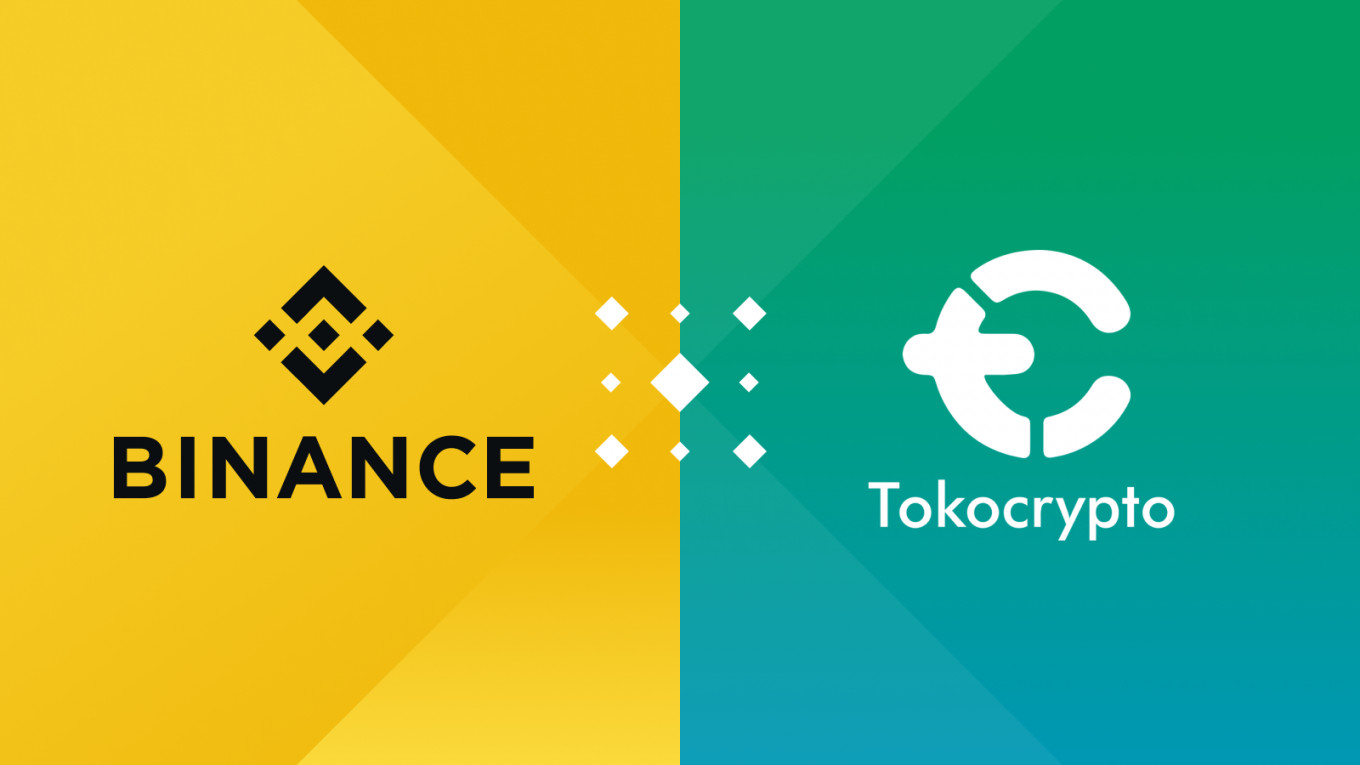Popular Reads
Top Results
Can't find what you're looking for?
View all search resultsPopular Reads
Top Results
Can't find what you're looking for?
View all search resultsFinancial opportunity starts with access
When people say “digital disruption” those being disrupted are incumbent—often complacent—market players.
Change text size
Gift Premium Articles
to Anyone
I
n any kind of democratic society, 86 percent would represent a supermajority. But according to International Monetary Fund calculations, about 86 percent of the world's population lives in emerging market economies where they hold slim to no influence in the global economy. That needs to change.
Banks won’t do it but the disruptive capacity of digital assets could.
In terms of human dignity and individual empowerment, substandard financial inclusion has been a mass tragedy – not just in a sense of needless suffering but also in regard to its visibility. Everyone sees it, yet massive inequities persist.
Economic security isn’t guaranteed for anyone anywhere but for emerging economies, the shortfalls in other, non-financial infrastructures are a compounding problem. Distance or accessibility alone are substantial obstacles that have held back individuals in emerging markets from the global financial system for decades.
These are exactly the hurdles that digitalization and digital infrastructures promise to alleviate.
It’s therefore a natural progression that digital assets should play a key role in upgrading financial opportunity in emerging markets; the first step toward opportunity is access.
As internet connectivity becomes more mobile and digital devices increasingly affordable, opportunities to digitalize the entire global economy become not only possible but inevitable.
That’s why it’s critical today to start thinking about how digital assets can improve the lives of the majority of humanity.
Technology – such as blockchain, digital assets and Bitcoin in particular – could empower 6.5 billion people across the globe, supporting individuals, families and their community businesses to bring financial change at scale.
Scale matters because it’s how giant corporations become giants; they serve mass markets at prices mass consumers are willing to pay. That’s typically what we call an efficient market and for all its flaws, including bloated CEO pay, simplicity of scale has proven to be far better at distributing wealth than most of history’s political systems.
Imagine if it were possible to shift just some of that efficiency to small, local, emerging-market businesses and individuals.
Digitalization of sales channels is one means of doing that. Digitalization of the unit of value – of money itself – is another.
When people say “digital disruption” those being disrupted are incumbent—often complacent—market players. For everybody else, it’s about simplification and lower costs.
Emerging-market consumers often lack the same access to financial systems that those of us living in developed markets take for granted. I have often complained about banks and banking systems that can be corrupt, dysfunctional or simply inefficient. No need to name all the scandals here; you’ve read about them at length. But billions of people around the world can’t even access that level of service.
I believe the 86 percent of the world living in emerging markets would benefit greatly from a secure and accessible way of managing money.
Is that a digital bank? Maybe. But why not build the ledger, transaction, borrowing and lending capabilities that banks provide directly into assets or currency itself? Assets that provide their own savings and checking features are a step up in financial efficiency because substantial and redundant costs associated with basic administrative functions are removed.
Banks are already trying to automate processes. If digital assets can automate further and move banks out of the picture, it could drive even greater cost reductions.
A blockchain, like Bitcoin, runs in a decentralized way with no single point of failure or unilateral intervention point. There’s no central banker to debase it. And that matters because, in many emerging markets, people can’t even trust their basic fiat currency to serve its purpose.
Never mind banks themselves, just the currency can ironically be an obstacle to financial inclusion. That’s an obstacle that Bitcoin is already surmounting.
So, when we talk about digital assets, what we’re really talking about is disrupting an incumbent and inefficient status quo.
People living off of daily earnings in emerging markets are not talking about Bitcoin as an investment opportunity. And if valuations remain speculative and volatile, we can’t expect emerging-market adoption.
What’s needed from both inside and adjacent to the digital-asset industry is a concentration on functionality.
That means businesses transacting in digital assets. That means infrastructures like payment rails that accommodate digital assets. And that means people voting, in places where they can do so, for common sense regulations to help create environments that support digital assets.
The digital era represents an unprecedented opportunity to expand financial inclusion and security. The tragedy will be if we miss the chance to uplift this emerging – or let’s say high-potential –population just as the costs of doing so drop with expanding digital infrastructures.
***
The writer is head of research and strategy, AAX.











